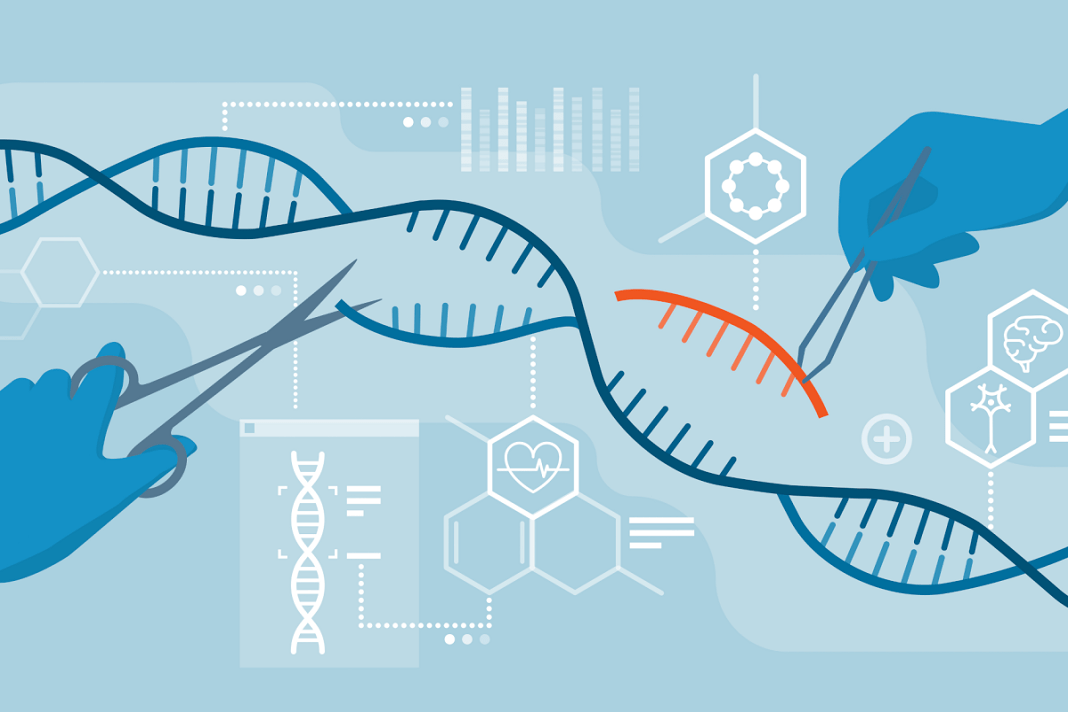Recently, Editas Medicine announced data from the Phase I/II RUBY trial of EDIT-301 therapy for the treatment of sickle cell anemia (SCD), with the first patient successfully engrafted with neutrophils and platelets. The administration is the first time that Editas’ proprietary CRISPR gene-editing novel Cas enzyme, AsCas12a, has been used in clinical trials to edit human cells.
EDIT-301 is an investigational in vitro gene editing therapy for beta thalassemia and sickle cell disease (SCD). In May of this year, the FDA granted orphan drug designation to EDIT-301 for the treatment of beta-thalassemia. The FDA has previously granted Rare Pediatric Disease Designation to EDIT-301 for the treatment of beta-thalassemia and sickle cell disease (SCD). EDIT-301, composed of patient-derived CD34+ hematopoietic stem and progenitor cells, uses the novel Cas enzyme AsCas12a for CRISPR gene editing to edit the promoters of cells encoding fetal hemoglobin genes (HBG1 and HBG2). The therapy is modified at the DNA level, so one treatment can be effective for life.
The RUBY trial is a single-arm, open-label, multicenter Phase I/II clinical trial designed to evaluate the efficacy and safety of EDIT-301 in patients with SCD. Editas expects to announce top-line results from clinical trial data by the end of the year. In addition, the EDITHAL Phase I/II clinical trial to examine the safety, tolerability and preliminary efficacy of EDIT-301 in patients with transfusion-dependent beta thalassemia (TDT) is also under preparation, with the first trial expected in 2022 administered to patients.
Thalassemia is the single-gene genetic disease with the widest distribution and the largest number of people in the world. It is also the genetic disease with the greatest impact and the highest incidence in China. There are about 30 million thalassemia gene carriers in my country alone. There are many types of thalassemia, of which β-thalassemia is the most common and severe type, which is caused by mutations in genes that express β-globin. β-thalassemia can be divided into transfusion-dependent (TDT) and non-transfusion-dependent (NTDT). Patients with transfusion-dependent thalassemia require life-long regular blood transfusions to prevent organ failure and death. Iron overload caused by long-term blood transfusions can lead to multiple Organ dysfunction and failure.
In human cells, γ-globin has similar functions to β-globin, and γ-globin is silenced and no longer expressed in human adulthood. If the expression of the γ-globin gene in patients with β-thalassemia can be reactivated , can make up for the lack of β-globin, thereby relieving or curing β-thalassemia. In addition, sickle cell disease is also caused by mutations in the gene that expresses beta-globin, and the same applies to this treatment idea.
Editas has received early data on EDIT-101, the world’s first in vivo patient-delivered CRISPR gene-editing therapy, for the eye disease Leber congenital amaurosis 10 (LCA10).
Editas was founded in 2013 by Chinese biologist Zhang Feng and 2020 Nobel Laureate in Chemistry Jennifer Doudna (later left the company due to differences in patent disputes and participated in the founding of Intellia Therapeutics) and others. It is committed to CRISPR gene editing. The technology is applied to human treatment, mainly focusing on gene therapy of hereditary eye diseases, rare genetic disease treatment, etc.









